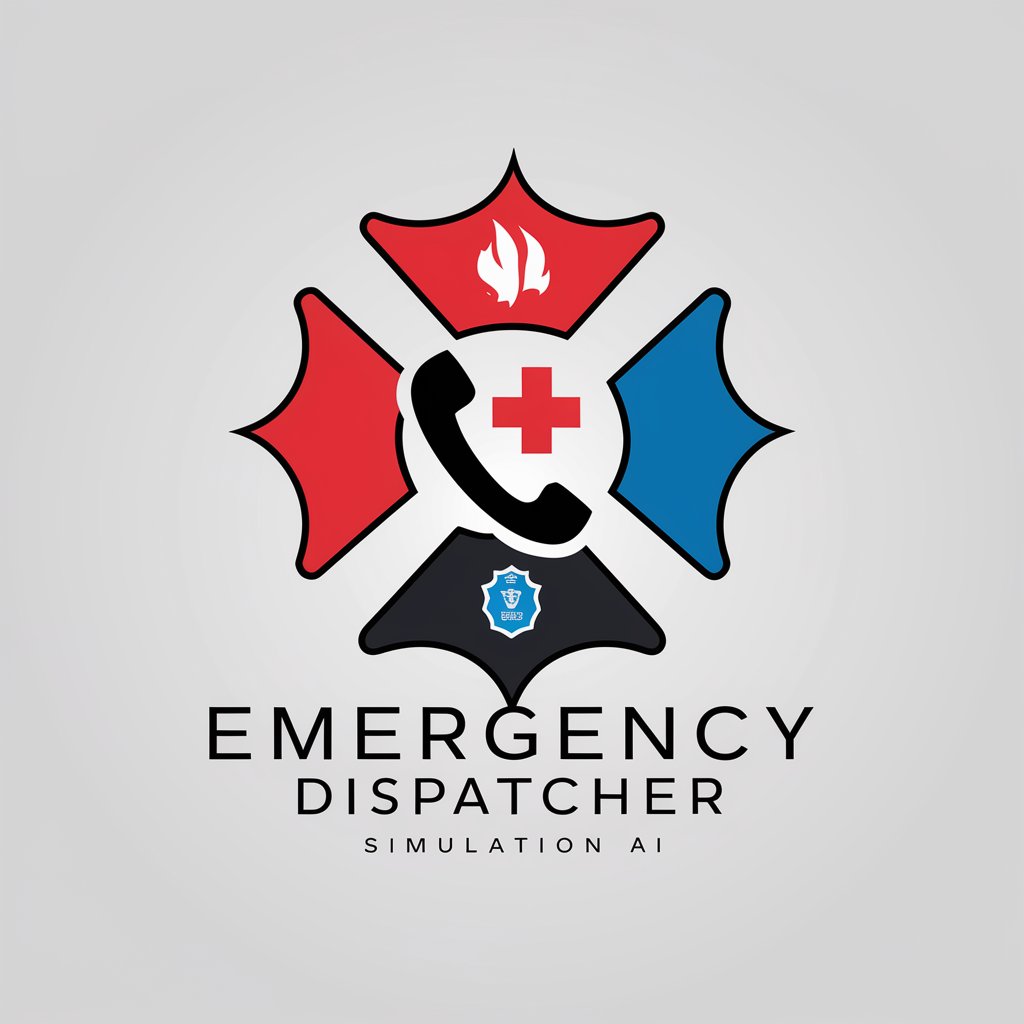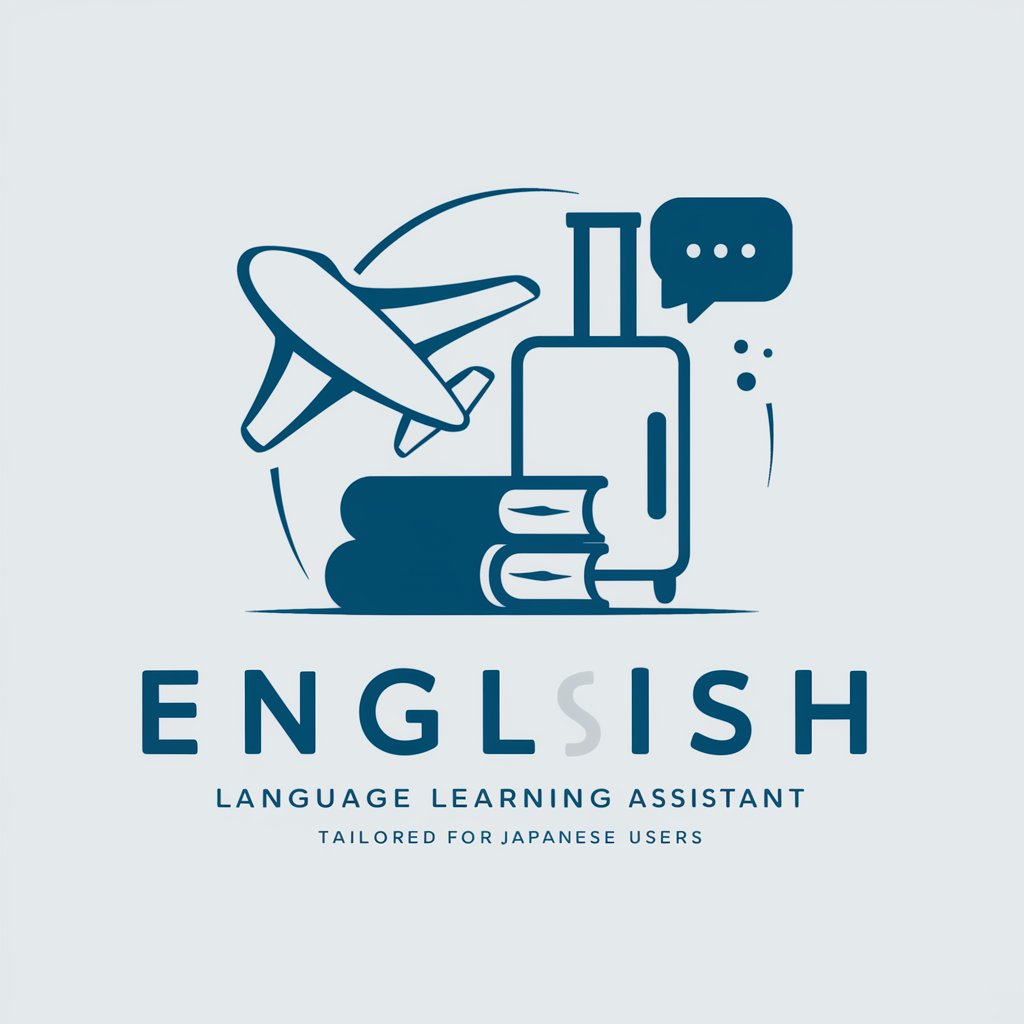8 GPTs for Scenario Practice Powered by AI for Free of 2026
AI GPTs for Scenario Practice are advanced artificial intelligence tools designed to assist in the creation, simulation, and analysis of various scenarios. Utilizing the power of Generative Pre-trained Transformers, these tools offer tailored solutions that cater to a wide range of applications, from educational exercises to professional training and decision-making processes. They are particularly adept at understanding and generating human-like text based on the context of the given scenario, making them invaluable for immersive and realistic practice environments.
Top 8 GPTs for Scenario Practice are: Administrative Law Tutor,Emergency Dispatcher Simulation,旅行英会話マスター,Sales Ace,CDL Test Ace,Negotiations Tutor,Nursing School Assistant,Elite Sales Coach
Administrative Law Tutor
Refine Law Skills with AI

Emergency Dispatcher Simulation
Simulate, Respond, Evaluate – Empowered by AI

旅行英会話マスター
Empower your travel with AI-driven English practice

Sales Ace
Power Your Sales with AI

CDL Test Ace
AI-Powered CDL Mastery

Negotiations Tutor
Empowering Negotiation Skills with AI

Nursing School Assistant
AI-driven Nursing Education Assistant

Elite Sales Coach
Empowering Sales Success with AI

Key Attributes of Scenario Practice Tools
AI GPTs tailored for Scenario Practice boast a suite of unique capabilities, including adaptive learning algorithms that can scale from basic scenario simulations to complex, multi-layered environments. Special features include natural language processing for realistic dialogues, dynamic content generation that reacts to user inputs, and analytical tools for evaluating outcomes. Their versatility extends to various formats, such as text, interactive dialogues, and even image-based scenarios, leveraging the latest advancements in AI to provide comprehensive and engaging practice environments.
Who Benefits from Scenario-Based AI Tools
These AI GPT tools are designed for a broad audience, ranging from novices seeking to learn new skills through practical scenarios to professionals and developers looking for sophisticated simulation environments. They are especially beneficial for educators, trainers, and decision-makers in fields requiring complex problem-solving and decision-making skills. The intuitive interfaces make these tools accessible to non-coders, while programmable features and APIs offer customization for users with technical expertise.
Try Our other AI GPTs tools for Free
Response Evaluation
Discover AI GPTs for Response Evaluation: your solution for intelligent, nuanced response analysis. Tailored for diverse needs, these tools offer precision, adaptability, and ease of use.
Integration Testing
Discover how AI GPTs revolutionize Integration Testing with automated test case generation, execution, and analysis, simplifying complex testing challenges.
Equation Solving
Discover AI-powered GPT tools designed for solving equations with ease. Tailored for learners, educators, and professionals, these tools offer instant solutions, explanations, and visual representations, simplifying complex mathematical challenges.
Math Gaming
Explore AI GPTs for Math Gaming: Tailored AI tools transforming math learning into an engaging, interactive experience for users at all levels.
Study Prep
Unlock the future of study prep with AI GPTs: your personalized tutor for an interactive, tailored learning journey across disciplines.
Note Conversion
Discover how AI-powered GPTs transform note-taking with advanced summarization, translation, and organization features, making information management seamless and efficient.
Expanding Horizons with AI-Driven Simulations
AI GPTs for Scenario Practice not only enhance learning and training experiences but also open up new possibilities for innovation across various sectors. With their ability to create deeply immersive and realistic simulations, these tools can significantly impact areas such as emergency response training, business strategy development, and even entertainment, providing a safe and controlled environment for experimentation and skill development.
Frequently Asked Questions
What exactly are AI GPTs for Scenario Practice?
AI GPTs for Scenario Practice are specialized AI tools that leverage generative pre-trained transformer technology to create, simulate, and analyze realistic scenarios for various applications, including learning, training, and decision-making.
Can non-technical users operate these tools effectively?
Yes, these tools are designed with user-friendly interfaces that allow non-technical users to navigate and use them effectively for scenario creation and practice.
What kind of scenarios can I create with these tools?
You can create a wide range of scenarios, from simple conversational exercises to complex, multi-faceted simulations that mimic real-life situations and decision-making processes.
Are there customization options for developers?
Yes, developers can access APIs and programmable features to tailor the tools to specific needs, integrating them with existing systems or developing new functionalities.
How do these tools adapt to different complexity levels?
AI GPTs for Scenario Practice are equipped with learning algorithms that can dynamically adjust to the complexity of the scenario, ensuring a suitable challenge level for the user.
Can these tools generate scenarios in non-text formats?
Yes, some of these tools can generate interactive dialogues, visual elements, and even simulate environments in image-based formats, enhancing the realism and engagement of the scenarios.
How do these tools help in decision-making?
By simulating realistic scenarios and outcomes, these tools help users practice and refine their decision-making skills, providing feedback and analytical insights into their choices and strategies.
Is it possible to integrate these tools with other software?
Yes, many of these tools are designed with integration capabilities, allowing them to be incorporated into existing learning management systems, training platforms, or other software solutions.